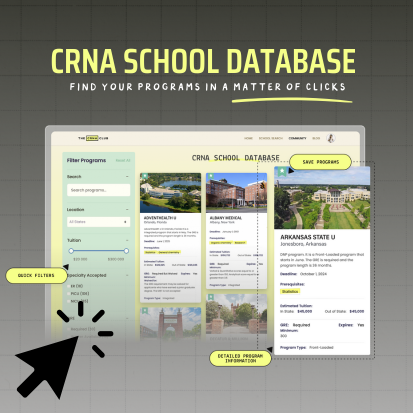“Outwit, Outplay, Outlist…” Low supplies, feeling stranded, and willing to do anything for an Oreo cookie—oh wait, this isn’t an episode of Survivor; it’s CRNA school. Though CRNA school can feel like a reality TV show, this blog hopes to share technology essential tools and resources that enhance productivity, learning, and clinical practice as SRNAs. *This is not an exhaustive list*
Look at my previous blog, “Must-Haves Before Starting CRNA School: A Guide to Essential Tech, Books, and More,” which details what desktops, laptops, and iPads are available, and many offer a student discount. Additionally, use your school’s guidelines on what technology you must have.
Must-Have Apps for Learning and Organization
Note-Taking Apps
- Notability: Notability is an iOS/macOS app that annotates PDFs and records audio. Many of my Mac-using classmates swear by it.
- Notion: Notion is perfect for productivity and organizing study notes. It’s free for students.
- OneNote: OneNote by Microsoft lets you take notes directly on PowerPoint slides and offers advanced features.
Whenever you choose an app, be intentional about it. These apps can significantly help with information retention, making studying across multiple devices seamless. Say goodbye to lugging hundreds of printed PowerPoint slides.
Study and Flashcard Apps
- Quizlet
Do I need to explain Quizlet? Haha, Quizlet is a basic flashcard app that tests active recall and offers a free student version accessible across many devices. - Anki
Anki is similar to Quizlet, but it can do more with spaced repetition and make a wide variety of flashcards to keep learning fun. I was impressed when I started using Anki for my last endocrine exam! There is a tiny learning curve when you first start. - Additional apps:
Brainscape
Mochi
I will not stress the importance of making flashcards, but I want to stress the importance of leveraging spaced repetition in mastering anesthesia concepts. These apps help move your learning beyond 3×5 index cards, saving you time.
Collaboration Apps
- www.dropbox.com
Dropbox is a cloud storage system that assists in productivity and collaboration with others. It makes all files saved accessible from any device, and the student version provides quite a bit of storage. - Google Drive:
Google Drive is a part of the Google umbrella, similar to Dropbox. I have used the documents section to share and collaborate on many assignments with my classmates, including my doctoral scholarly project. - Notion:
As mentioned previously, Notion is a great way to organize and collaborate with a team of people.
Summarizing AI apps:
- Grammarly:
Grammarly is great as a personal grammar and content editor. I use it often when writing long professional e-mails or proofreading significant written content. - Speechify:
Speechify is a tool that reads documents out loud and assists in the retention of large amounts of information. Speechify has helped me read multiple chapters for one lecture. - Notable mentions:
Notta: Best for transcribing and summarizing audio/video
Eightify: AI YouTube video summarizer
Hypotenuse AI: Best for summarizing PDF
ChatGPT: Most versatile summary generator
HubSpot: Best for summarizing customer interactions
Semrush AI Summarizer: Best for summarizing long articles
Frase: Free AI summarizer for short-form content
BooksAI: Best for summarizing books
Scholarcy: Best AI summarizer for academic fit
Task and Time Management Tools
- Todoist:
Todoist is an app that helps you stay organized, whether completing assignments or tasks. Although there are no free versions for students, the reviews are great, and the monthly fee is less than a Starbucks Venti ice-cold brew with a splash of almond milk and sugar-free vanilla. - Microsoft Todo:
Microsoft Todo is an app created to make tasks and satisfy you by checking them off. As a student, most schools offer Microsoft Studio 365 for free, and Microsoft Todo is included. - Google Calendar:
Google Calendar is a tried-and-true calendar, but to my surprise, I needed to take full advantage of all it offered. From scheduling due dates to adding daily tasks to check off, it combines both Todoist and Microsoft Todo for free.
Clinical Resources and Reference Tools
- Vargo:
Vargo is an app that serves as an excellent clinical resource. I use it often, and they offer great deals on pricing during the holidays. - Pedi Crisis 2.0:
Pedi Crisis 2.0 is similar to Vargo but is pediatric-focused and completely free. - BlockBuddy:
Block Buddy is an app that walks users through many regional blocks that can be performed in clinical. I use it often when reviewing blocks. This app requires a paid membership but offers a student discount! - Anso Pro:
Anso is an app similar to Block Buddy. It also requires a paid membership, but it is much cheaper than other apps. - Safe Local:
Safe Local is an app that helps calculate safe and maximum dosages of local anesthetics. It uses a calculator interface that inputs provided patient information to answer. It’s a great resource when the surgeon asks for the maximum dose.
CRNA school is no small feat, but the right tech tools can make a world of difference. From note-taking and flashcard apps to AI summarizers and clinical references, these resources will help you stay organized, efficient, and prepared for success. Equip yourself with this technology survival kit, and tackle CRNA school with confidence. Happy studying!
Podcasts and YouTube channels
The following are a few great audio and visual learning resources.
In conclusion, leveraging the right technology can significantly enhance your experience in CRNA school, making studying and clinical practice more efficient and effective. From powerful note-taking and study apps to essential collaboration and time-management tools, incorporating these resources into your routine will help you stay organized and focused. Remember, the journey may be challenging, but with the right tech survival kit, you’ll be well-equipped to excel in your studies and thrive in your clinical practice. Happy studying!




